
Today, I wanted to take a break from recipes to share another basic nutrition post. When trying to make healthy diet choices, it is sometimes helpful to know the “why” behind some of the recommendations. A vegetarian diet can offer many healthy benefits if done right, but it can so easily be done all wrong too.
Pizza, pasta, french fries, and ice cream may be vegetarian, but eating them every day? Not such a good idea… I’ve already written about dietary fats in a vegetarian diet as well as all about sugar and a healthy diet. Let’s talk about another primary component of food – carbs!
What are Carbohydrates?
You are likely already familiar with carbohydrates because of their popularity in the media of late as the diet bad guy contributing to obesity. Are carbs as bad as some make them out to be? All the food we eat is made up of three major nutrients: carbohydrates, protein, and fat. Carbohydrates, on a molecular level, are made up of short or long chains of carbons. The length and shape of the carbon chain determines the type of carbohydrate.
- Simple Carbohydrates: These are the smallest and simplest type of carbohydrates, also called monosaccharides (one sugar unit) and disaccharides (two sugar units). Some sugars like lactose (found in milk) occur naturally in foods, while others like sucrose (found in soda, candy, etc.) can be added to foods. These simple carbs are quickly absorbed in the small intestine resulting in a spike in your blood sugar and a boost of energy shortly after consuming them.
- Complex Carbohydrates: This group includes starches and fiber. Starches are found in many foods such as potatoes, oats, cereals, breads, etc. Starches are more complex, made of hundreds or even thousands of sugar units, so they take longer for the body to break them down. This slower digestion means that instead of a rapid spike in blood sugar, you have a more prolonged release of energy. Fiber on the other hand is not digested and is therefore not a source of energy for us. However, dietary fiber in both forms (soluble and insoluble) has other healthy benefits such as promoting gut motility and providing energy to the intestinal bacteria able to digest it.
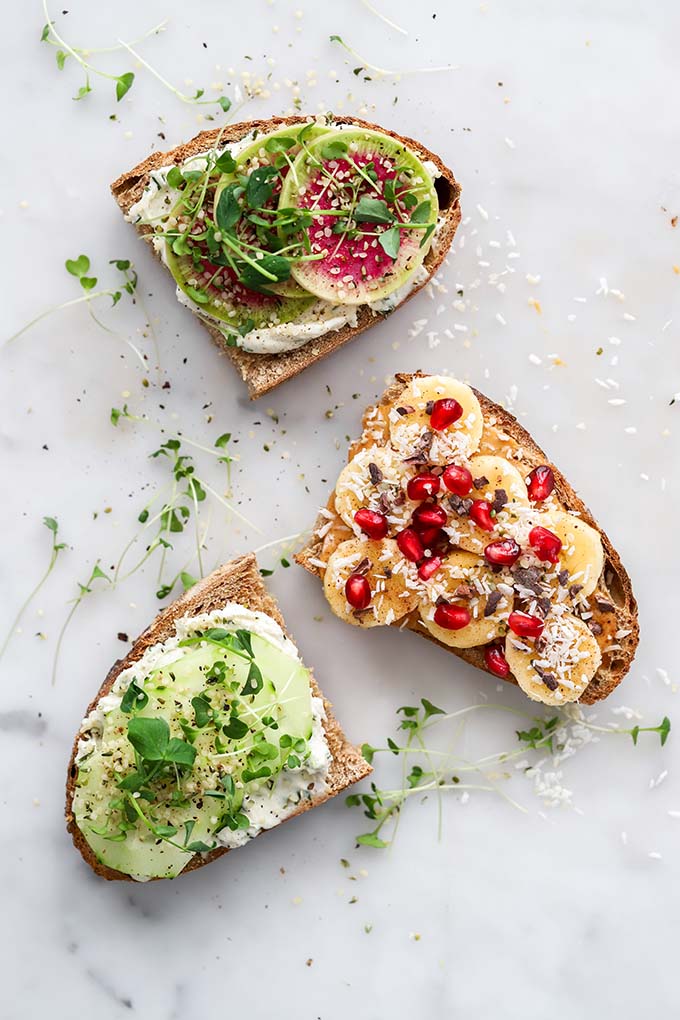
What Happens When You Eat Carbohydrates?
Carbohydrate digestion actually begins in your mouth as you chew. Your saliva contains an enzyme called salivary amylase which starts to break apart starches into smaller simple carbohydrates. After passing through the stomach, digestion resumes in the small intestine. As food passes into the small intestine, it triggers the pancreas to release pancreatic amylase into the intestine to further break down complex carbohydrates into disaccharides (2 sugar units bound together).
Enzymes (lactase, sucrase and maltase) from the small intestine break down these disaccharides into monosaccharides (glucose, fructose, galactose) which can be absorbed across the intestinal wall. Fiber, which is impervious to these enzymes continues through the colon and is excreted.
The monosaccharides (single sugar units) absorbed by the intestine are transported through the portal vein to the liver. The liver will convert certain monosaccharides (fructose and galactose) into glucose. Some glucose will bypass the liver and travel through the bloodstream to the rest of the body to enter individuals cells with the help of the hormone insulin.
The rest of the glucose which ends up in the liver will either be used by the liver for energy or converted to glycogen, the storage form of glucose and stored in the liver for use in times of fasting. Your muscles are also another place where glucose is stored as glycogen for energy during periods of fasting or endurance exercise.
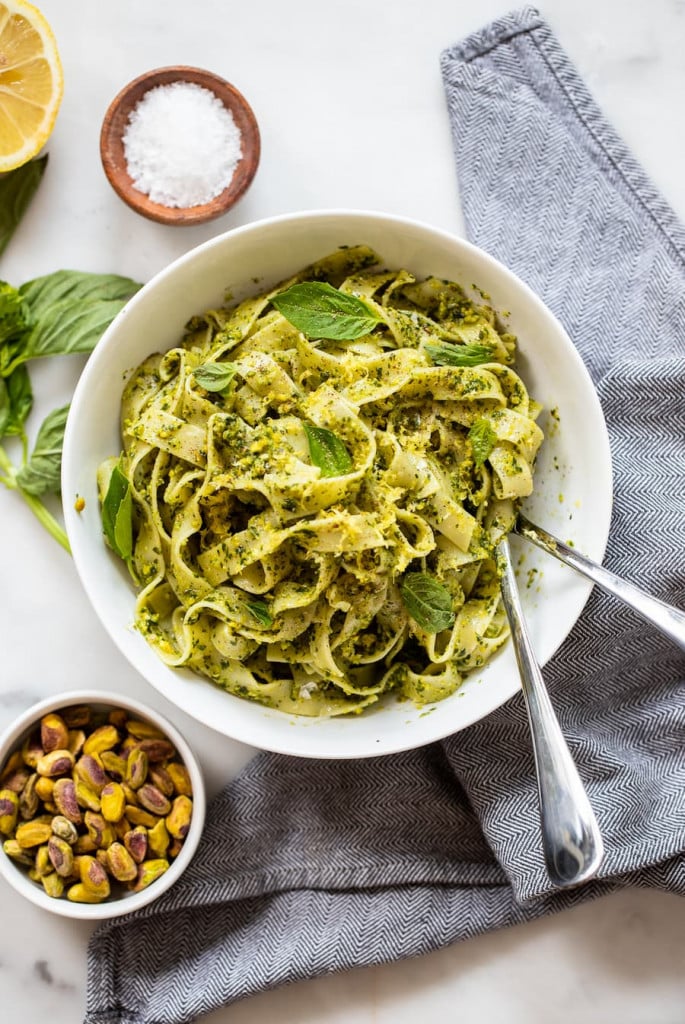
Like protein and fat, carbohydrates too can be stored as fat if an excess amount is consumed. Simple carbohydrates are quickly digested which causes a flood of glucose in the blood stream and a quick burst of energy and then a wicked crash after insulin does its job. (Play this on repeat over many years and you could wind up with type 2 diabetes.) Since simple carbohydrates are lacking in filling fiber, you are more likely to overeat simple carbs which could tip your metabolism to storage of all the extra sugar as fat.
Complex carbohydrates have to travel further along the small intestine before they are broken down and absorbed since they are made of longer chains of sugar units. Slower digestion means you are less likely to overeat complex carbs since the extra fiber fills you up and keeps you feeling full longer. Plus, the fiber is great for keeping your gut healthy!
How Much Carbohydrate Should I Eat?
This is kind of a tricky question. You can actually eat very little carbohydrates and be perfectly fine as your body uses other processes to break down fat and protein to create glucose. Since it is highly unlikely that you’ll be cutting all carbohydrates out of your diet, it is important to focus on the type of carbohydrates you eat rather than how much.
Carbohydrates, regardless of the type, provide 4 calories per gram. However, eating a diet heavy in processed, simple carbohydrates can lead to obesity, type 2 diabetes, and heart disease over time.
A diet focused on a good balance of complex carbohydrates, fat, and protein is a much healthier approach. The 2010 Dietary Guidelines for Americans recommends that 45-65% of total calories in your diet come from carbohydrates.
However, depending on a person’s exercise level, genetics, age, gender, chronic disease risk and more, this could be way too much or too little. If you really want to find out what is best for you, I would recommend meeting one on one with a Registered Dietitian.
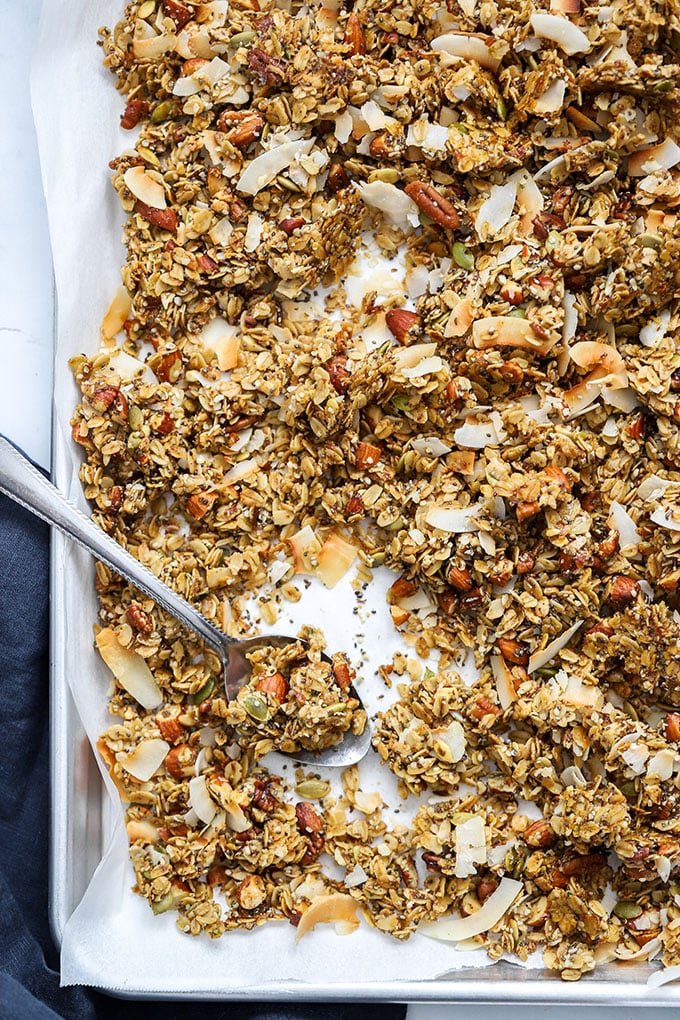
Eat MORE of these Carbohydrate Foods:
These are the carbohydrate foods after my own heart. I love shopping the bulk bins at Whole Foods to try out new to me whole grains like millet, amaranth, farro, and more! In addition to complex carbohydrates, these foods are also loaded with other vitamins and minerals. Almost all of your carbohydrate intake should be these foods.
- Whole Fruits
- Unprocessed Starchy Vegetables:
- Winter squash
- Sweet potatoes
- Whole corn
- Beans
- Lentils
- Quinoa
- Whole Grains:
- Oats
- Buckwheat
- Barley
- Brown Rice
- Whole wheat pasta
- Whole Grain Bread or Sprouted Bread
- Dairy foods
- Yogurt
- Cheese
- Milk
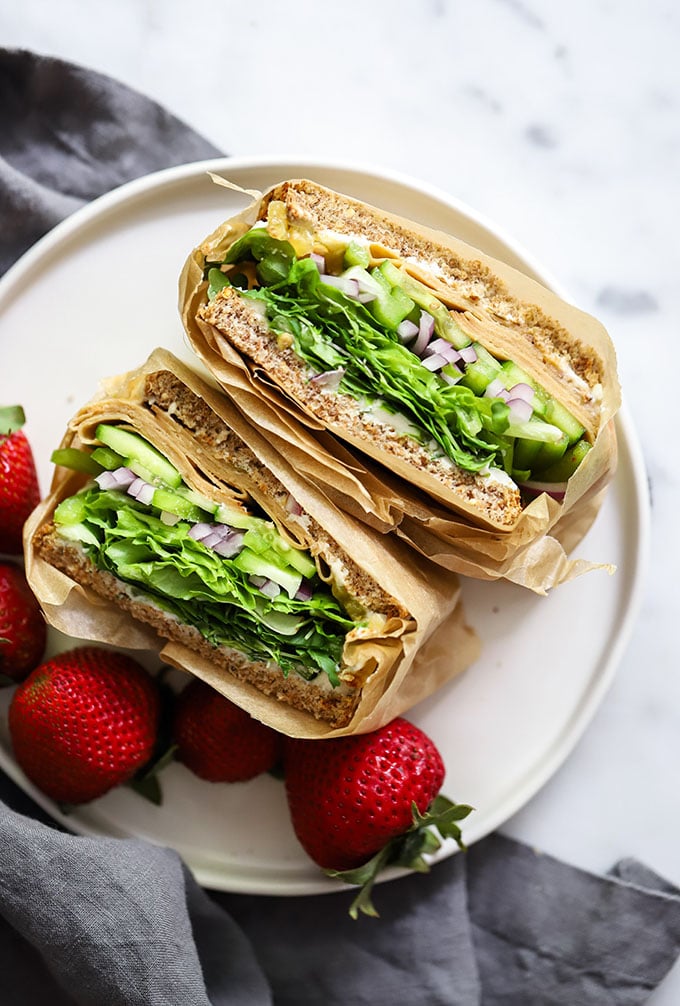
Eat LESS of these Carbohydrate Foods:
Since these carbohydrate foods are processed so much before you eat them, the body can quickly absorb the simple sugars. Yes, they can give you a quick burst of energy as your blood sugar rapidly spikes, but then you crash. Of course no one can cut out dessert forever, so notice that I say eat less of these carbohydrate foods rather than never.
- Fruit Juice
- Refined/Processed Starches:
- Sugary cereal
- White bread
- Candies
- Cakes
- Cookies
- Desserts
- Soda
- French Fries
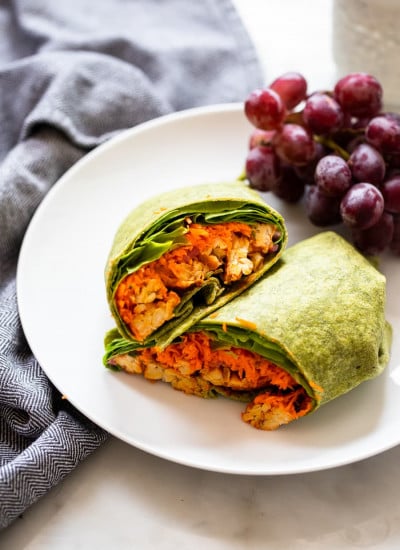
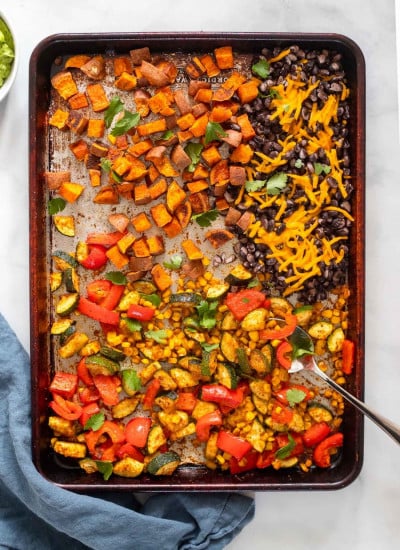
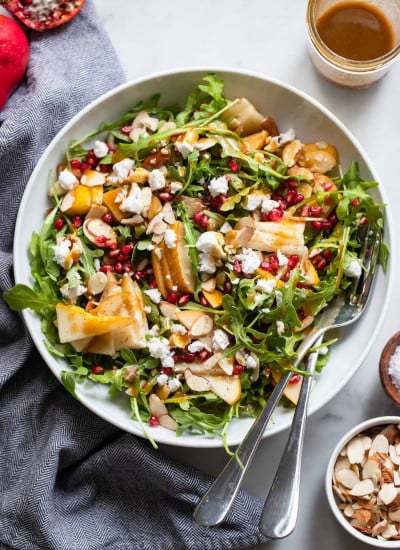
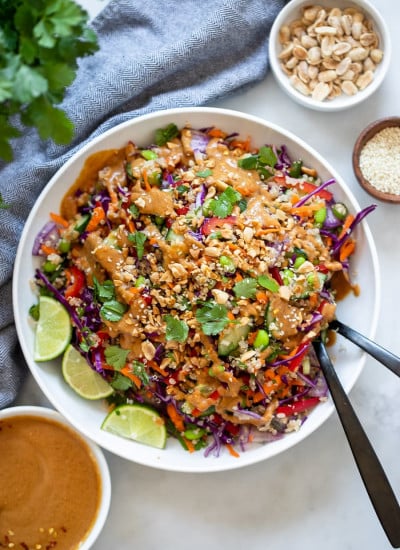

Comments & Reviews
Thank you Debbie for this blog. I happened to stumble upon it and find it informative and helpful as ee have decided to go vegan and are researching how to do it correctly.